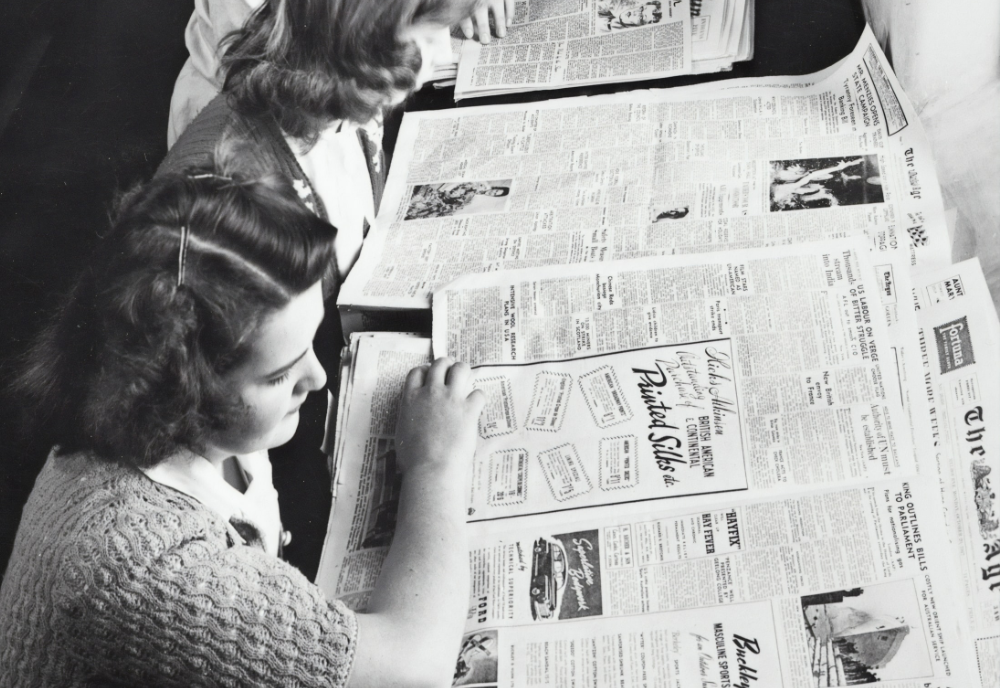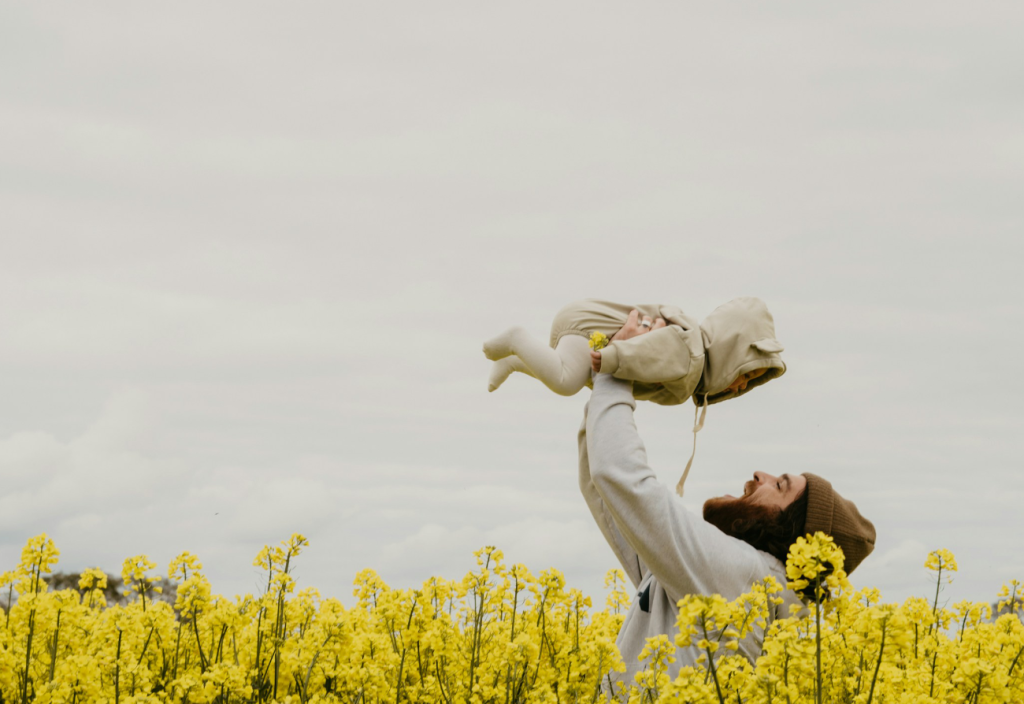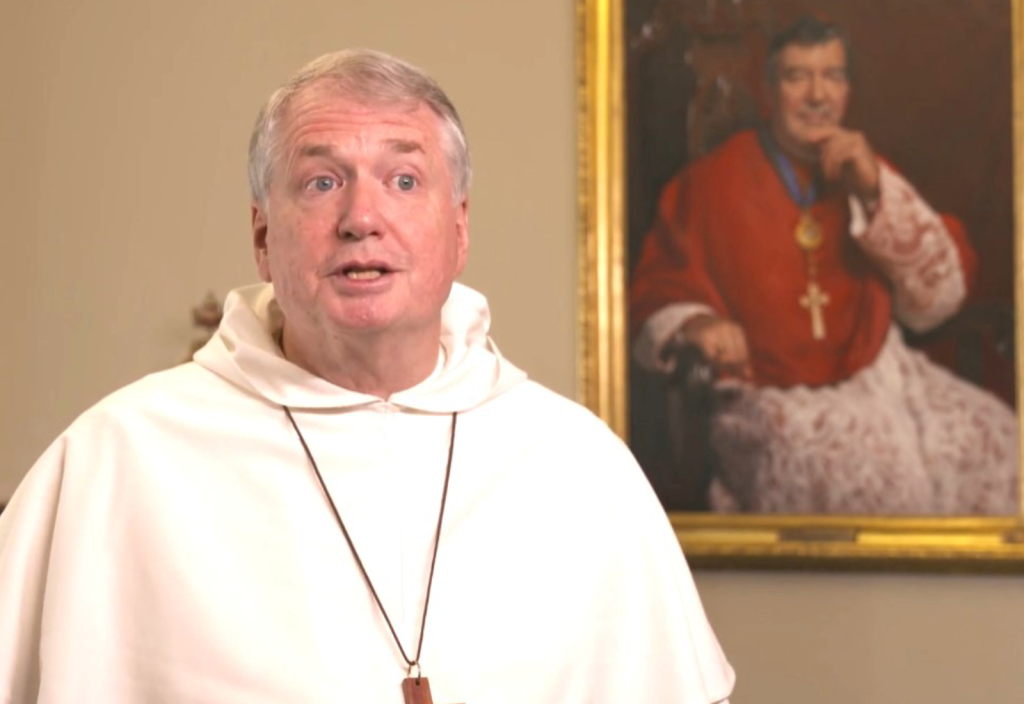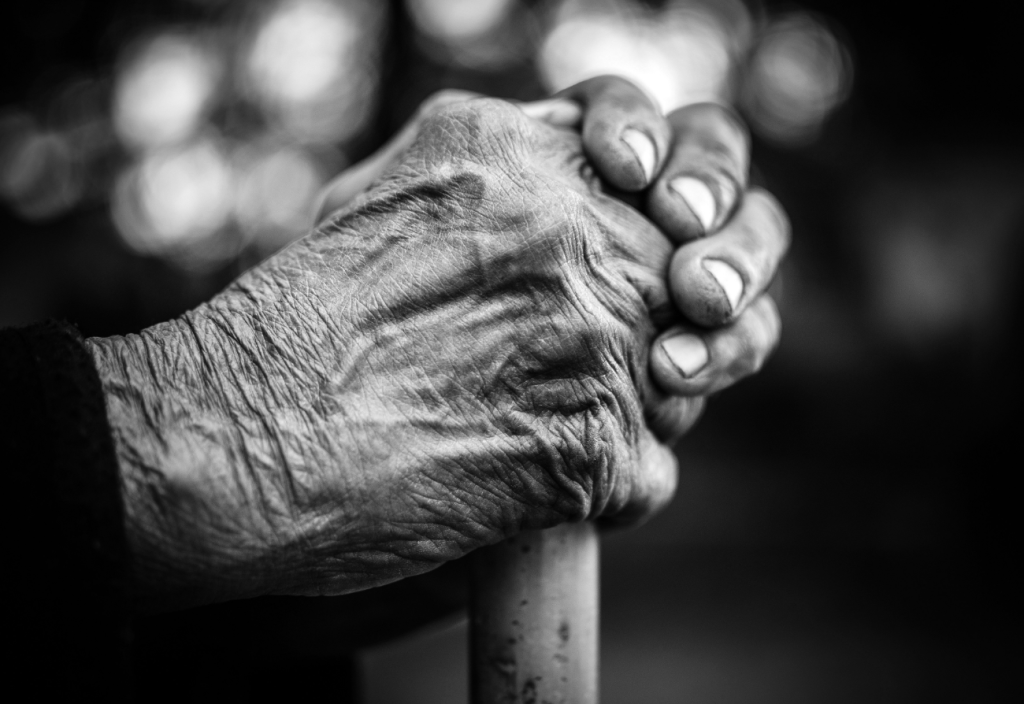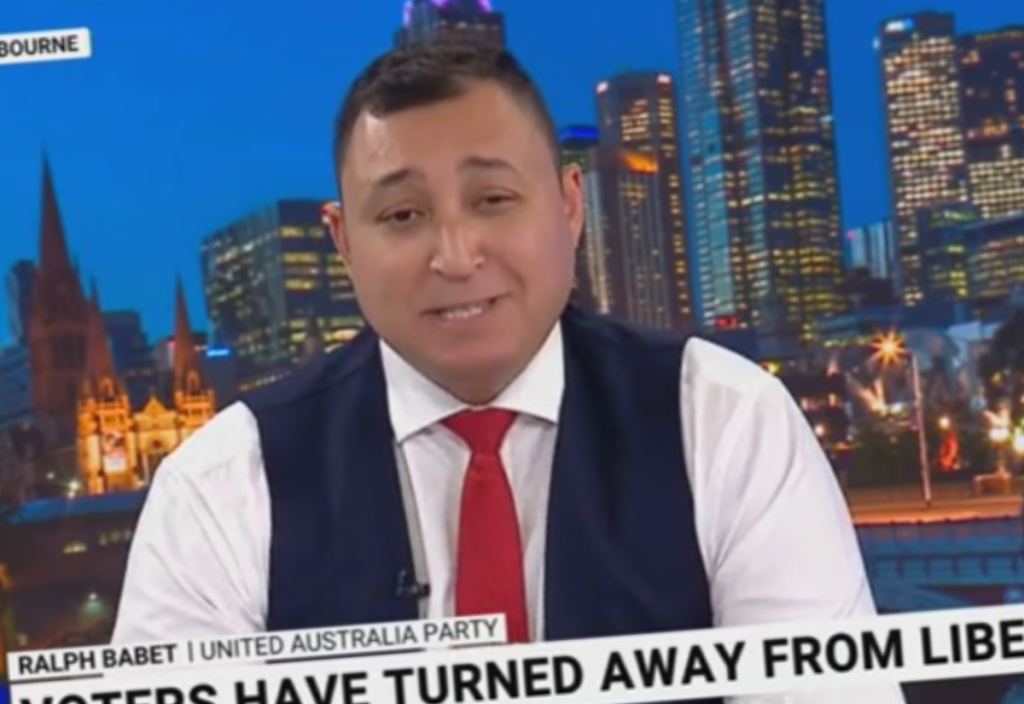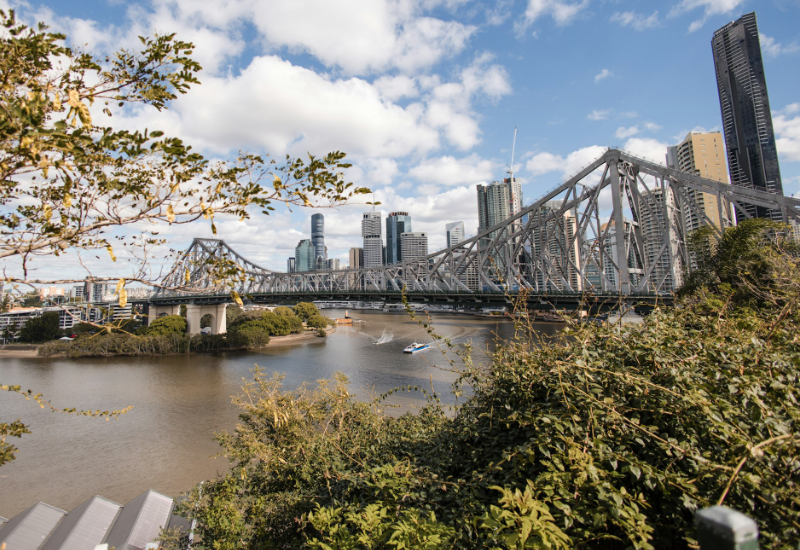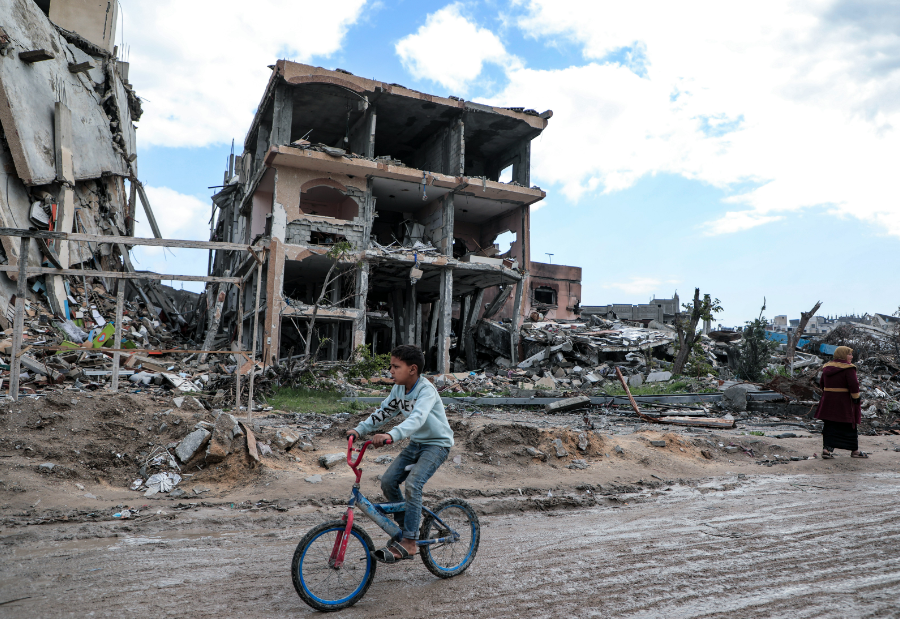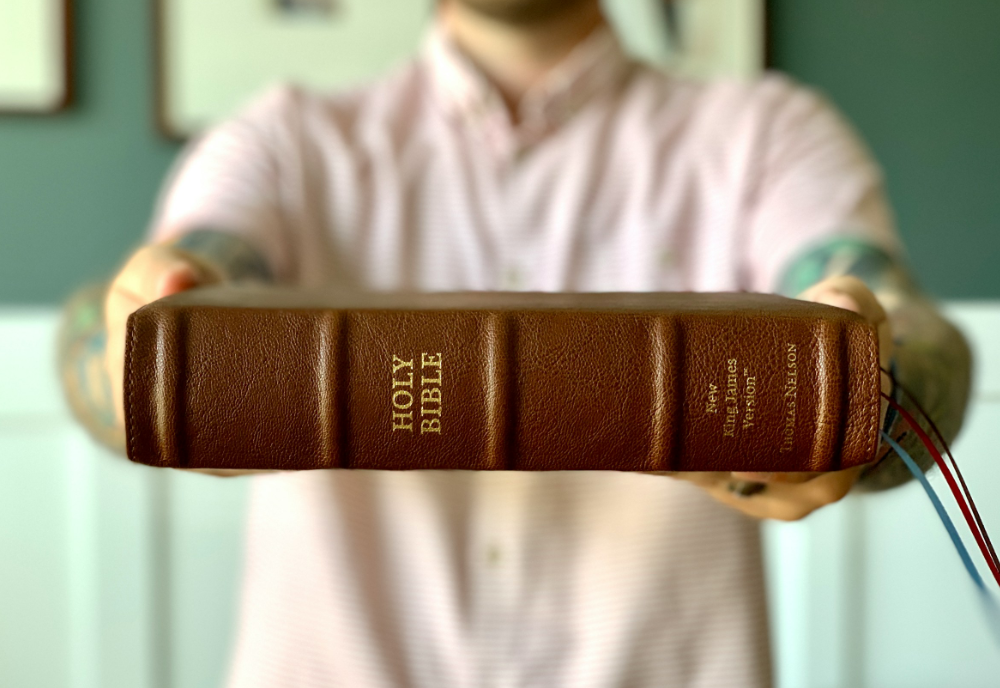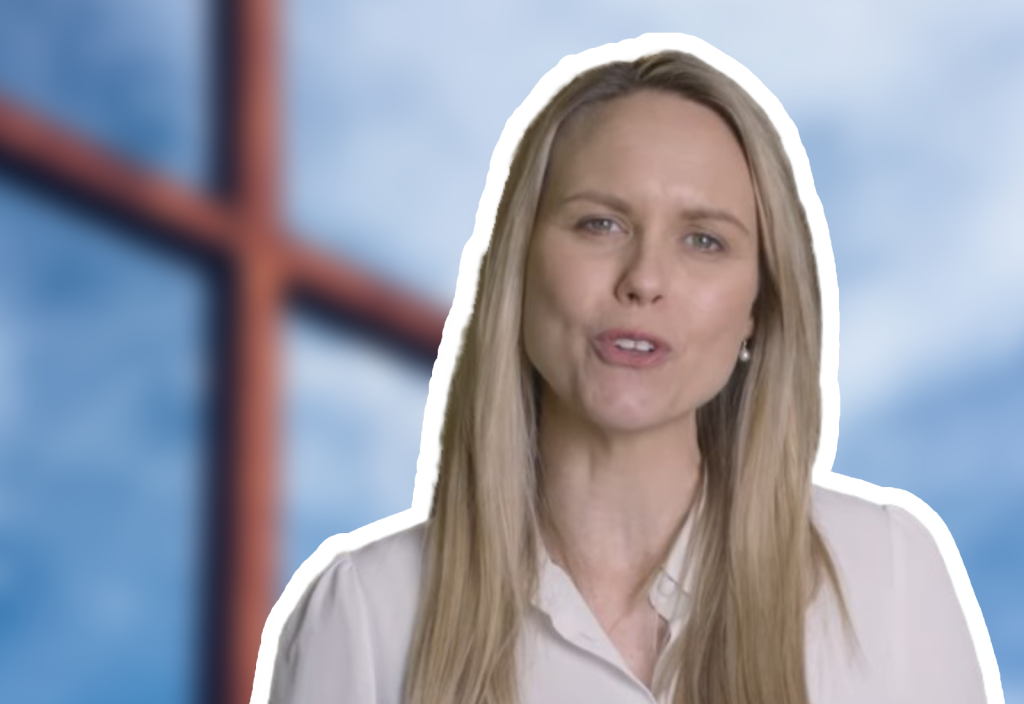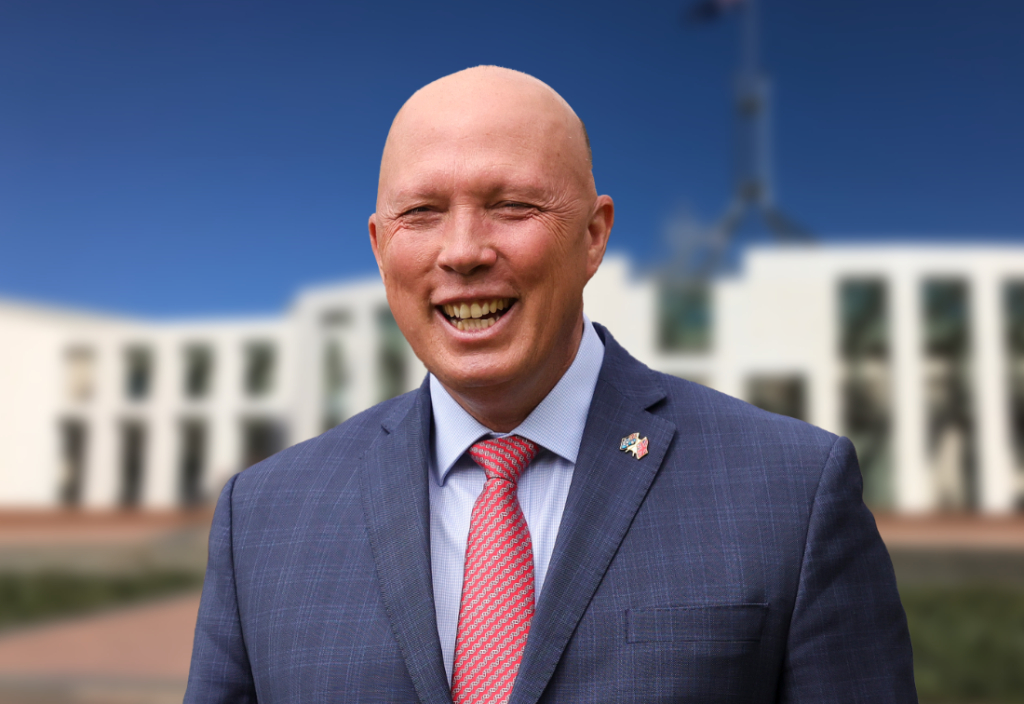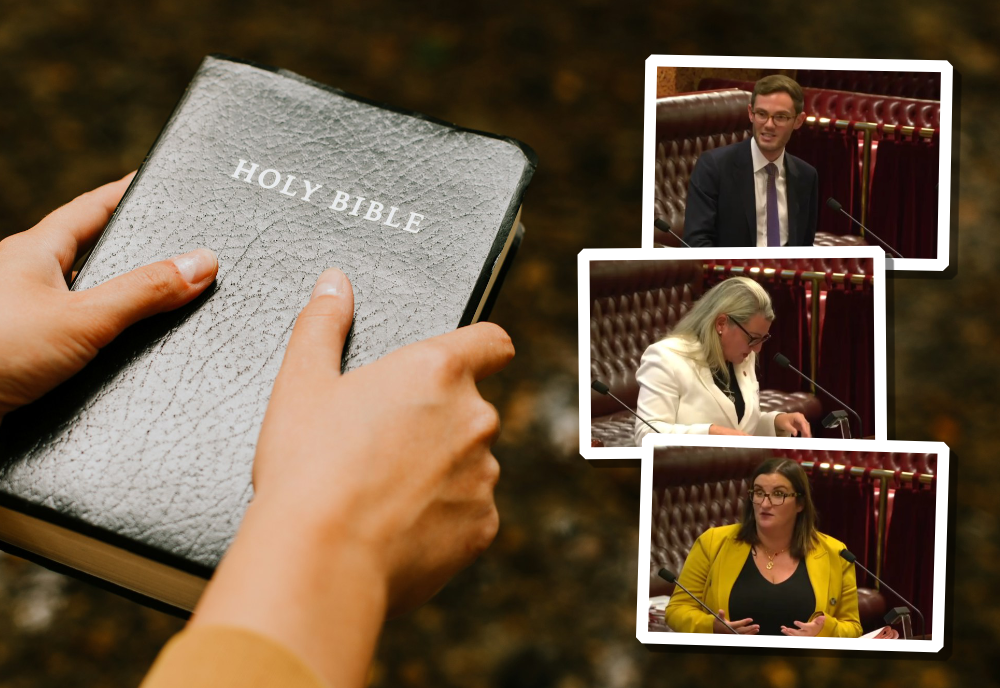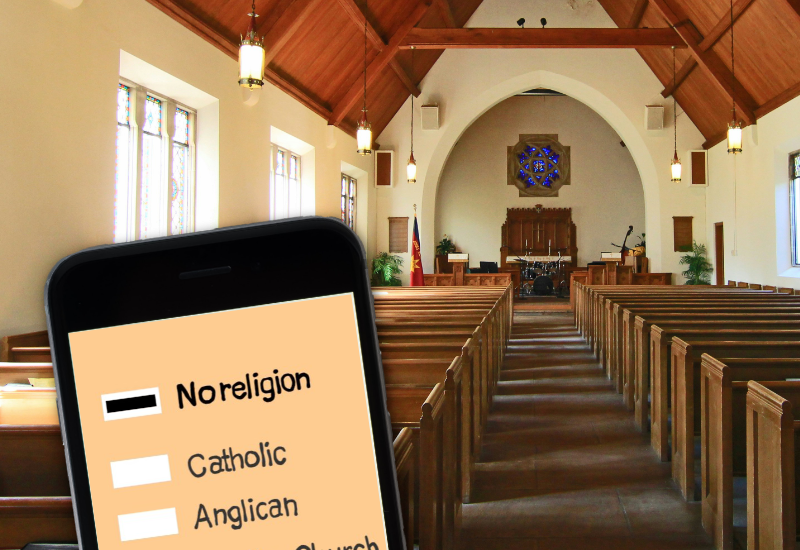Journalism is a humble activity, or at least it should be. To be a reporter in a newsroom is to be continually confronted with severe obstacles to uncovering the truth. In the past, the way to deal with that was to practise disinterest: avoid personally interfering with the story. But, because of the rise of advocacy journalism, that approach has changed, leaving the trade in a greatly diminished state. Journalists spend most of their working lives in a state of unavoidable ignorance. If, for instance, a reporter interviews an expert, that person will typically have spent decades developing their knowledge. The journalist will, at best, have spent only a few hours on the matter. The way to address that inevitable imbalance is to represent, as fairly as possible, only what the interviewee is saying and no more. No personal opinions allowed. More experienced journalists do develop some depth of general knowledge if they specialise in a subject area. But even then they should be careful about thinking they know more than the people to whom they are talking. The second obstacle facing journalists, especially those who have worked in business and finance sections (as this writer has), is being constantly confronted with tactics to conceal the truth. The techniques are legion: outright lying, red herrings, misleading but true facts, half truths, quarter truths, lack of context, deceptive jargon, false or misleading statistics, lobbying by astro-turf organisations, threats of legal ...
Blog
Related Posts
07
Feb
Being child-free is not selfish
Editor’s note: If you would like to submit a letter for possible publication, please email it to editor@rationalist.com.au. See our ...
09
Jan
Taking issue with the Catholic archbishop’s heartless, offensive ‘kill teams’ comments
Editor’s note: If you would like to submit a letter for possible publication, please email it to editor@rationalist.com.au. See our ...
02
Dec
What motivated the ‘cruel’ assisted dying bill?
Editor’s note: If you would like to submit a letter for possible publication, please email it to editor@rationalist.com.au. See our ...
02
Nov
Leftism, a ‘mental illness’? Oh, Right!
Editor’s note: If you would like to submit a letter for possible publication, please email it to editor@rationalist.com.au. See our ...
07
Oct
A bridge to peace
Editor’s note: If you would like to submit a letter for possible publication, please email it to editor@rationalist.com.au. See our ...
25
Aug
Criticising Israel is not ‘antisemitic’
Editor’s note: If you would like to submit a letter for possible publication, please email it to editor@rationalist.com.au. See our ...
24
Jul
End the government funding of faith workers
Editor’s note: If you would like to submit a letter for possible publication, please email it to editor@rationalist.com.au. See our ...
10
Jun
‘Heritage’ is no argument against change on parliamentary prayers
Editor’s note: If you would like to submit a letter for possible publication, please email it to editor@rationalist.com.au. See our ...
12
May
Will the Coalition ever learn to stop imposing religion on the public?
Editor’s note: If you would like to submit a letter for possible publication, please email it to editor@rationalist.com.au. See our ...
31
Mar
Support for scripture program highlights bias of politicians
Editor’s note: If you would like to submit a letter for possible publication, please email it to editor@rationalist.com.au. See our ...
28
Feb
Census decision undermines credibility of ABS
Editor’s note: If you would like to submit a letter for possible publication, please email it to editor@rationalist.com.au. See our ...
11
Feb
Objectivity, independent media and news avoidance
The way we get our news is changing fast. The latest research from the Reuters Institute for the Study of Journalism at Oxford U...

